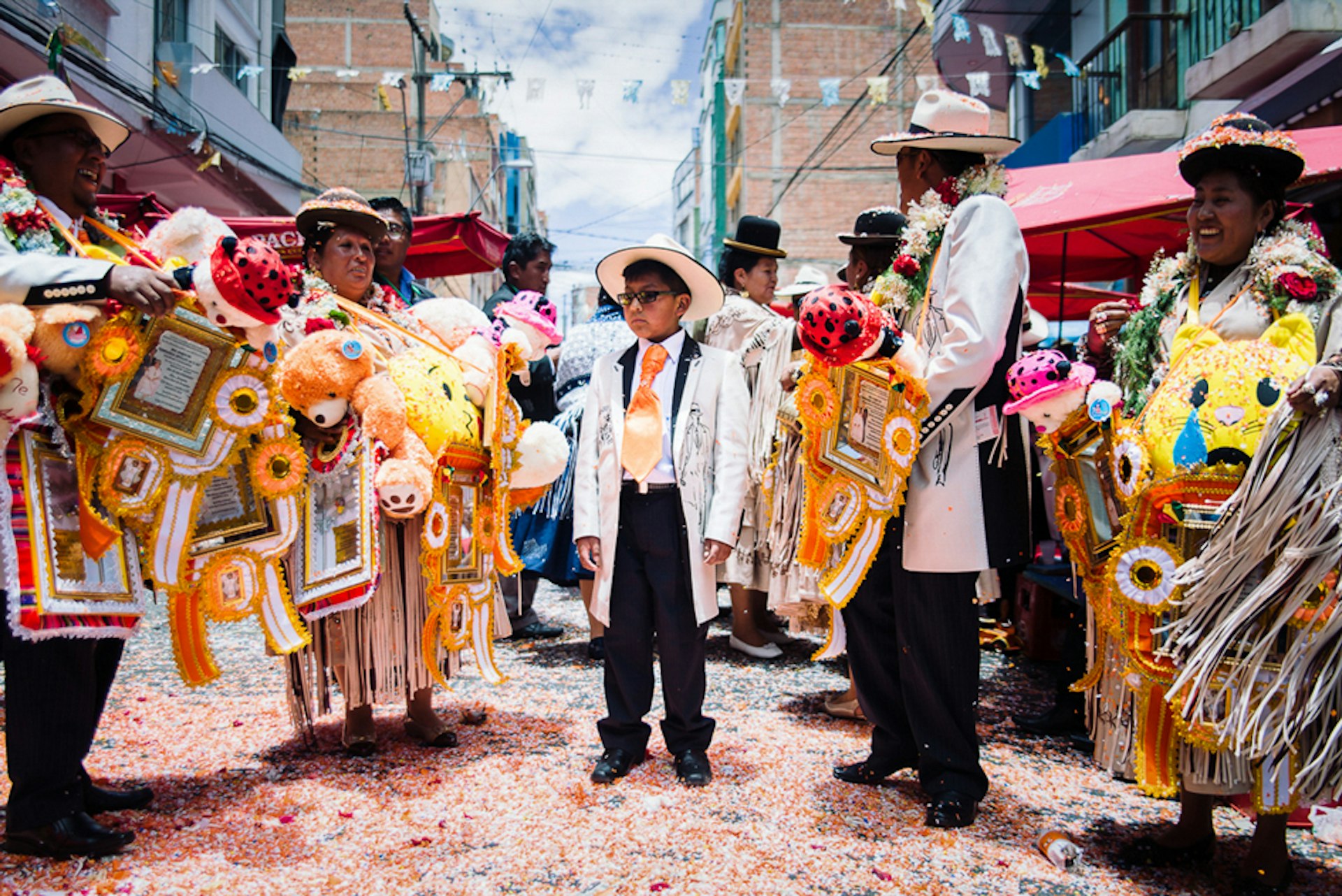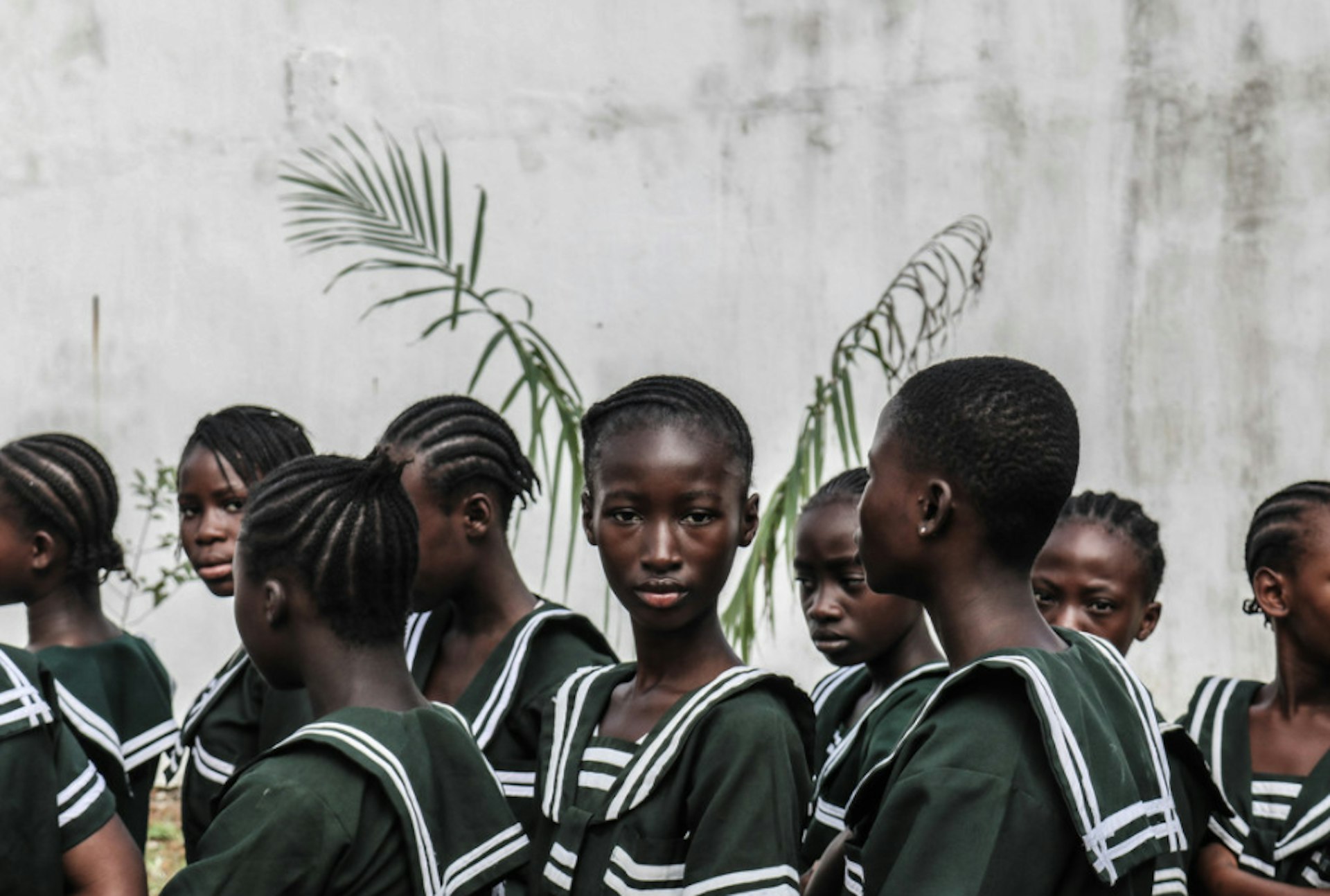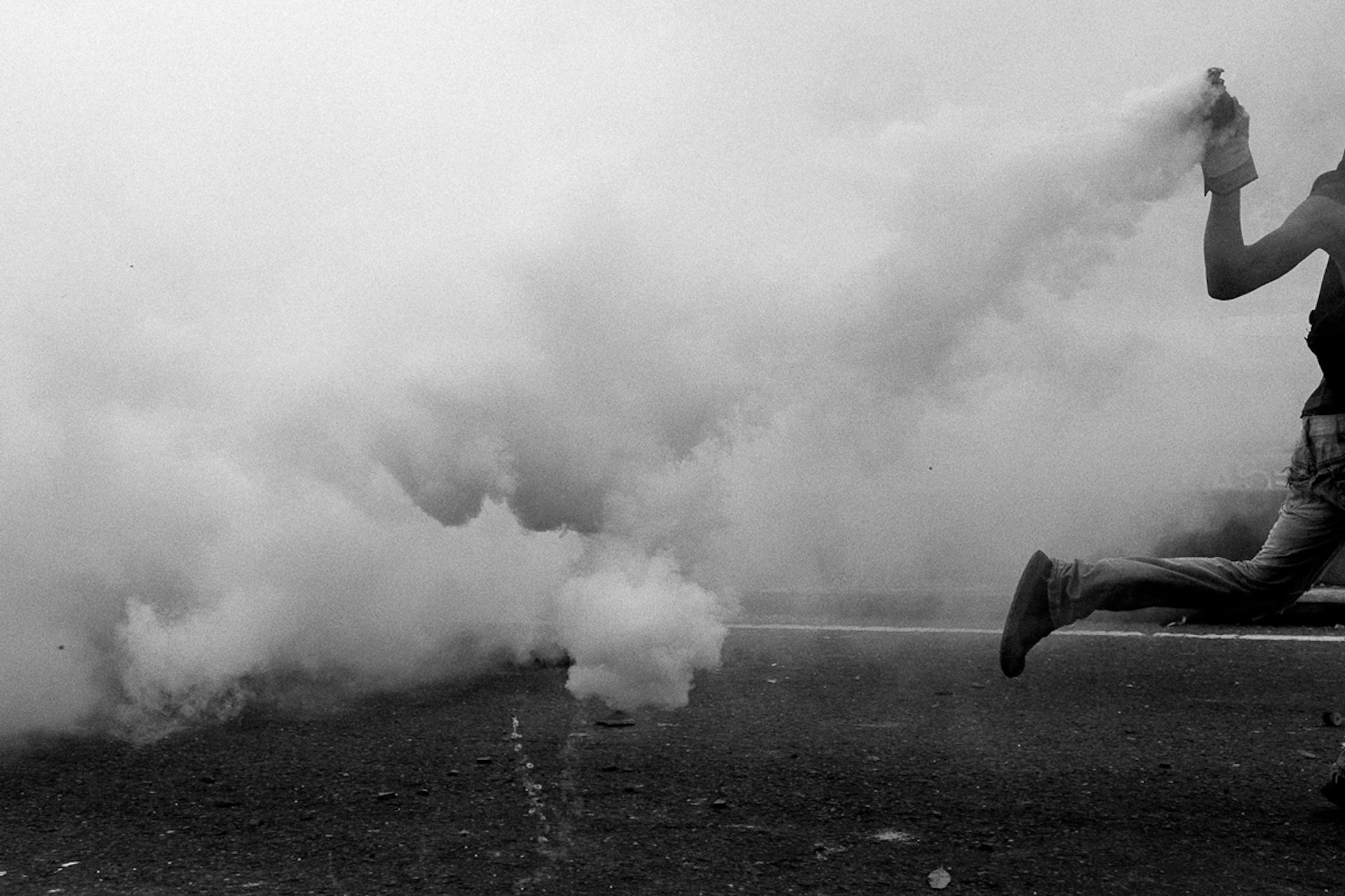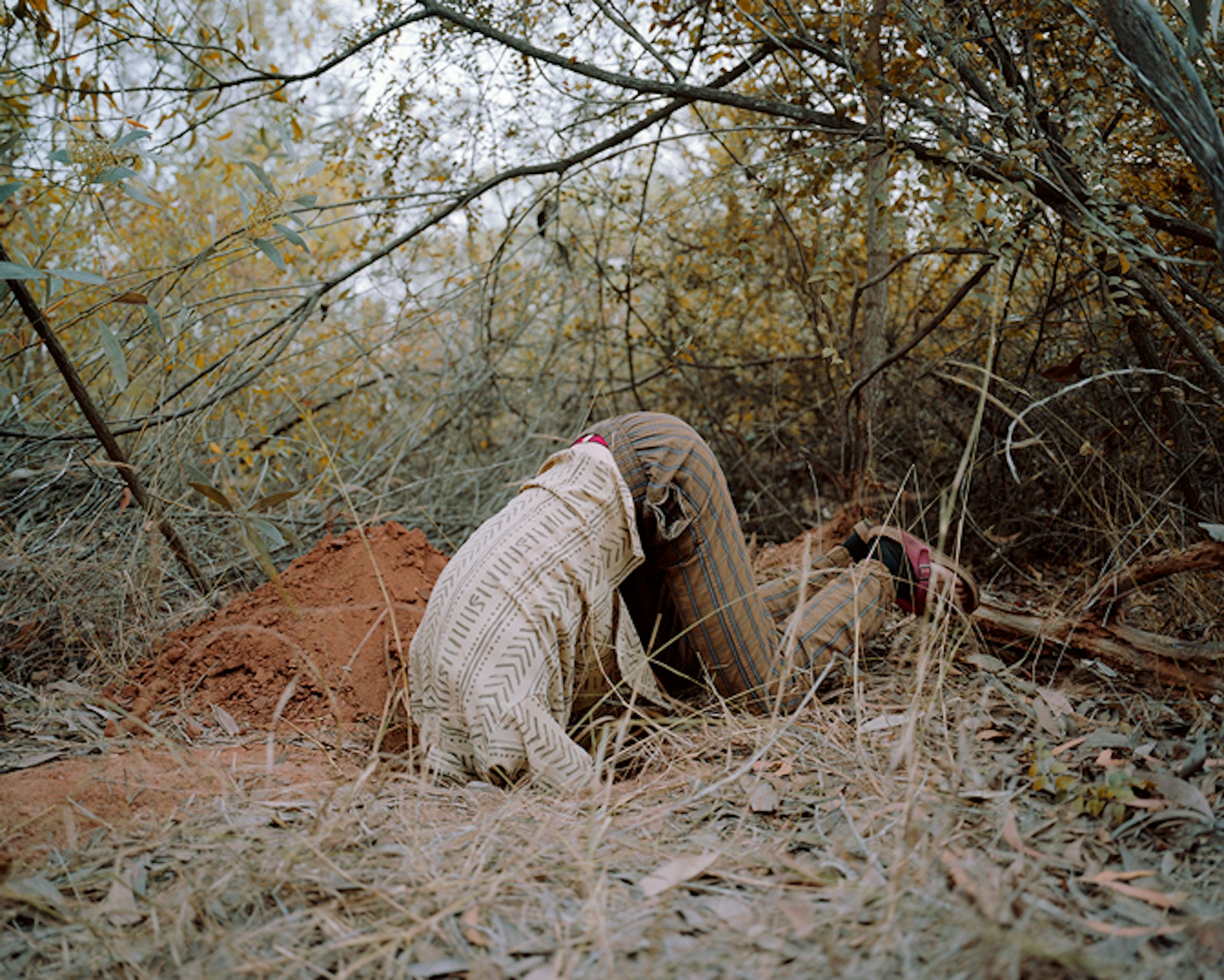
If photography is limitless, why doesn't it represent everyone?
- Text by Laura Beltrán Villamizar
- Photography by Manuel Seoane
In the 1970s, Edward Relph introduced us to the term ‘placelessness’ – the risk of reducing complex destinations and, by default, human beings and circumstances to generic ‘single stories’.
Relph explains that in order to comprehend what it means to live on Earth – an experience often beyond our comprehension – we tend to generalise and “casually eradicate the distinction of places and the people in them”.
Placelessness reminds us that when we grow up hearing only one story about a person or a place, we run the risk of limiting our understanding of that space or experience. The world cannot be simplified to a single narrative; our lives are composed from the interconnection of limitless stories, perspectives and journeys.

Photo by Yagazie Emezi.
Relph articulated that concept nearly 50 years ago, but at a time of deepening social divides, his words resonate today more than ever. How we experience the world and understand our place in it matters. But when it comes to photography – seen by many as a universal language – placelessness has long held us back.
The journeys that we experience through visual essays impact the way we learn about others and ourselves. Yet from the moment we base our ‘reality’ on just a handful of perspectives, we run the risk of hearing the same simple story again and again.
And with that, complex identities begin to disappear. What we’re left with instead is the same limited spectrum of possibilities and experiences – in other words, placelessness through one-sided photojournalism.

Photo by Fabiola Ferrero.
The debate of who gets to tell these stories and how diverse they are is now just as important as the stories themselves. Why this matters is also closely linked to bigger movements, which have sparked the conversation within the photojournalism community as well: #metoo, women’s march, Standing Rock, and the need for more localised coverage of the news. But in a conservative, white male-dominated industry, change doesn’t happen by itself.
With this in mind, Native and Everyday Projects have come together with a mission: to ensure that the lenses through which we interpret our world are as diverse as the people and places we hope to document. We created a mentorship programme, geared towards nurturing visual journalists from regions that often lack representation in the documentary community and media industry.

Photo by Neha Hirve.
The goal: to help create diverse, compelling visual journeys that can surprise, explain, challenge and humanise the many deeply concerning – as well as promising – issues around the globe.
The journeys of the 22 participants and their approach to photography will hopefully take us to places we thought we knew – people who we assumed were foreign, yet share our same humanity – and serve as a remedy for Relph’s sense of global placelessness.
They will, in one way or the other, bring us closer together; photography has always had that power. But the goal here is that through our curiosity, and by experiencing many multi-layered paths, we can discover more about ourselves and our complex existence.
Laura Beltrán Villamizar is the founder of Native, a platform for visual storytellers from underrepresented regions. The Everyday Projects uses photography and creative social media narratives to challenge stereotypes that distort our understanding of the world.
This article appears in Huck 64 – The Journeys Issue. Buy it in the Huck Shop or subscribe to make sure you never miss another issue.
